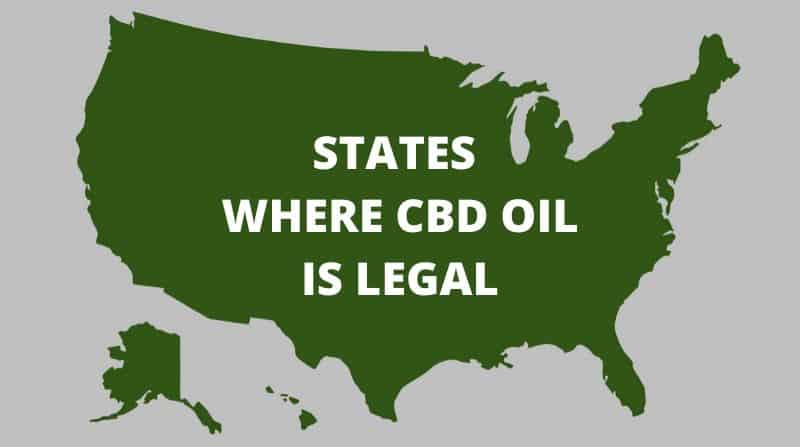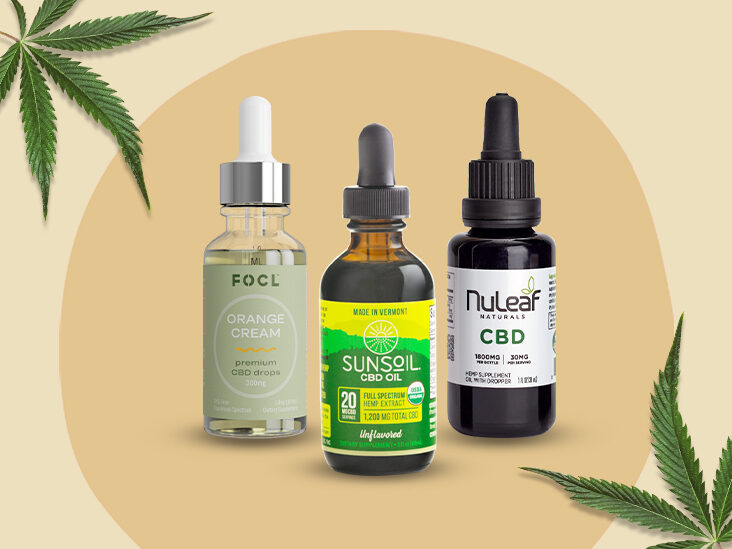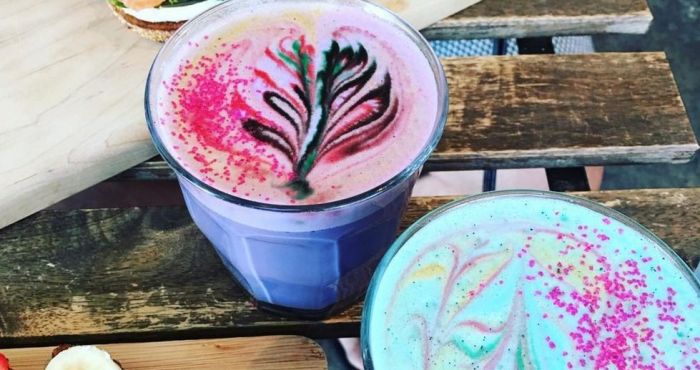
CBD anti-inflammatory studies are gaining popularity as they could be of benefit to those with chronic conditions like arthritis. Many of these conditions are characterized by inflammation, including arthritis, diabetes, heart disease, and some cancers. While inflammation is a normal part of our immune system, it can also lead to many problems. It can also be a source of suffering and pain.
Some people will choose not to take medication. They prefer natural, natural ways to manage their condition, such eating less of the foods that increase inflammation. These include cbd, and other cannabinoids.
Many mechanisms play a role in the immune system. Different cell types and functions can have different effects on how a substance affects them. In a variety of animal models, one common end-point has been studied is the production or chemokines of cytokines. Cytokines can be described as chemical messengers that either stimulate or inhibit cell activity. They are produced by both adaptive and innate cells. Proinflammatory cytokines such as interleukin-1a (IL-1b) have been implicated in a range of diseases. However IL-10 has been shown beneficial for some chronic conditions.

A new study has shown that CBD inhibits the production and release of cytokines from a specific type of cell, the innate lymphoid cell, which are responsible to cellular responses in response to infection. This study demonstrates that CBD inhibits IL-1b (a cytokine that is linked with both inflammation as well as immune dysfunction).
A team of researchers also discovered that CBD inhibits viral reproduction in human lung cells. This is due to activating the cell’s immune system. Specifically, they found that CBD suppressed the ability of a strain of the SARS-CoV-2 virus to replicate in the cells. They also discovered CBD could induce interferon-gamma to suppress the replication of a strain of the SARS-CoV-2 virus in cells. This is an antiviral enzyme.
The researchers injected CBD into the cells prior to exposure to the SARS-CoV-2 virus and monitored its effects. Even in low doses, CBD was able to stop the virus regenerating.
Researchers were surprised by this result, noting that THC and other cannabinoids did not show the same effect. This indicates that CBD could be an alternative treatment for severe SARS-CoV-2 infection.

This was supported by another study which found that CBD lowers the levels of inflammation proteins produced by fibroblasts (cells that make the outer layer in the lungs). This was an important finding since chronic lung conditions like COPD and asthma are often caused in part by inflammatory fibroblasts.
CBD has also been shown to prevent ventricular taping in rats. This is thought be due to adenosine agonists. These receptors are also found in the brain and cardiovascular system. Adenosine receptor-agonists have been shown in many chronic conditions to be effective in reducing oxidative stress as well as inflammation.
FAQ
Where can I buy CBD products?
CBD can be bought online or at your local retailer. Online retailers often offer better deals. Many websites sell CBD products made with industrial hemp. The THC content is less than 0.3%.
If you prefer shopping locally, consider brick-and mortar businesses that are focused on CBD products.
Many states allow CBD products to legally be bought without prescription. CBD products can be purchased at your local pharmacy in some states if you are one of them.
CBD products may be delivered right to your doorstep.
Is the CBD market saturated?
CBD is seeing a steady growth rate of 25 percent annually. This growth is expected not to stop for at least five more years. According to industry projections, it will grow from $2 billion to $5 billion by 2020.
Two companies are currently dominating the CBD market - GW Pharmaceuticals & Canndoc Ltd. Both companies are focused on the development of pharmaceutical-grade CBD products. They have not been very effective so far. Both are struggling in the marketplace to gain traction.
Cannabidiol is an extract of cannabis with less than 0.3% CBD. It does not cause any psychoactive effects. It can be used to treat epilepsy or other medical conditions. It is often used as an dietary supplement.
There are many types of CBD products. Some CBD products are made with whole plants extracts, others use CBD isolates.
All these products have in common that they contain low levels of THC.
They are therefore legal under US federal law. But, you still have to adhere to local laws when selling CBD products. Check with your state regarding the sale of CBD products.
Some states also make CBD products illegal. These include California, Colorado, Florida, Mississippi, Missouri, New York, North Carolina, Ohio, Oklahoma, Oregon, Pennsylvania, Rhode Island, South Dakota, Texas, Utah, Virginia, Washington, and Wisconsin.
If you live in one of these states, then you will probably want to avoid making CBD products.
Is CBD a good business to invest in?
The market for hemp-based products continues to grow as people become increasingly aware of their benefits. There could be $1B worth of hemp products on the shelves by 2022.
The market is also expected to continue growing at an annual rate of over 20% until 2020, when it reaches $2.5 billion.
Hemp oil is already used to make many beauty and healthcare products, such as lotions.
Many companies also make CBD-infused snacks, pet food, treats, and other food products.
CBD is currently legal in all 50 states, although this may change soon. CBD is legal in all 50 states, but more research will be conducted to determine its potential uses. Businesses will have an easier time operating legally.
With these factors in mind, it's clear that investing in CBD can be a lucrative venture.
Are CBD companies a good investment?
The answer depends on the question you are asking. They can be a great investment if it is money you are after. If however, you only want to invest in something that may help others, then no.
How can CBD products successfully be marketed by companies in compliance with regulations?
The FDA does not regulate hemp for its agricultural commodities. The Controlled Substances Act regulates all cannabis derivatives, including marijuana. CBD has not been subject to any specific regulations.
CBD is legal in 29 states. Federal law, however, still considers it illegal. Businesses looking to sell CBD products are left in uncertainty.
The FDA also sets strict guidelines about how CBD products are promoted. The FDA requires that all CBD products clearly disclose their THC content. Without scientific evidence supporting this claim, CBD cannot be used to treat certain medical conditions.
In addition, the FDA requires manufacturers to submit detailed information regarding manufacturing practices and quality control measures. To demonstrate safety and efficacy, the FDA requires companies to perform clinical trials.
These are important considerations for companies when creating their marketing strategies.
Which countries produce CBD with the highest quality?
The United States produces most CBD products.
High-quality CBD products are also being produced in Canada, Australia and New Zealand.
Are there any common mistakes companies make when entering the US cannabinoid marketplace?
First, you need to be familiar with the regulations regarding cannabis products. This could cause you to have to modify the formulation of your product.
A second error is not properly labeling your product. It is essential to find out if your product contains either THC or CBD.
Finally, you must know how to package your product correctly. If your product does contain THC, then you must ensure that it is packaged in child-resistant containers.
If your product is not containing THC, then it's important to follow all packaging regulations. There are many states that cannabidiol or CBD is legal.
Remember to keep track of any recalls for your products. If there is a problem with your product, it is important that you inform customers as quickly as possible.
Statistics
- A recent systematic review of human trials also reported that individuals with epilepsy receiving CBD (5–20 mg·kg−1·day−1) were more likely to experience decreased appetite than those receiving placebo (i.e., ~20 vs. 5% of patients) (ncbi.nlm.nih.gov)
- The inhibition of FAAH is predicted to lead to an increase in brain and plasma concentrations of AEA, which acts as a partial agonist at CB1R and CB2R, thereby increasing endocannabinoid tone [92, 110]. (ncbi.nlm.nih.gov)
- A recent study [161] also found that in vitro CBD treatment (i.e., ≤ 2 h exposure to 10 μM) induced ~40% vasorelaxation in isolated (pre-constricted) (ncbi.nlm.nih.gov)
- OralWhere HED is the human equivalent dose, and Km is a correction factor estimated by dividing the average body mass (BM) of the species (60, 0.020, and 0.150 kg for 11 humans, mice, and rats, respectively) and by its surface area (see: Nair et al. (ncbi.nlm.nih.gov)
- CBD seems unlikely to directly influence sleep in healthy humans [115] (and maybe “sleep-promoting” in those with certain comorbid conditions) (ncbi.nlm.nih.gov)
External Links
How To
How to become certified for selling CBD products
CBD (cannabidiol), one of the many cannabinoids found inside cannabis plants, is one. It has been used medicinally in many countries throughout history, including traditional Chinese medicine and India. Because it can treat conditions such as anxiety, pain, epilepsy and inflammation, CBD has seen a rise in popularity over the years. There is no formal certification program for CBD products. At least, not in the U.S. Anyone who wants to sell CBD products will have to use the "unofficial", self-certification process.
There are two ways to go about this. First, join a local canna-business owner association. This allows you to network with other owners and get advice and support. There are currently many associations across the country. The second option is to take your business online. The majority of states allow cannabusinesses to be online. If you have the permission, you can start accepting orders and set up your website. You must register with the Department of Public Health in your state. Once you've registered, you'll be able to apply for a license through your state's department of public health. Once you have your license, it is legal to open your shop and accept orders.